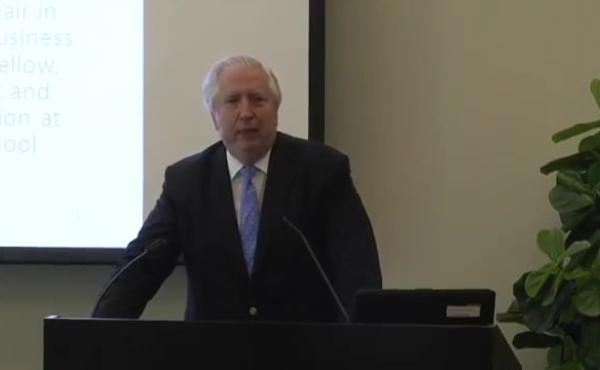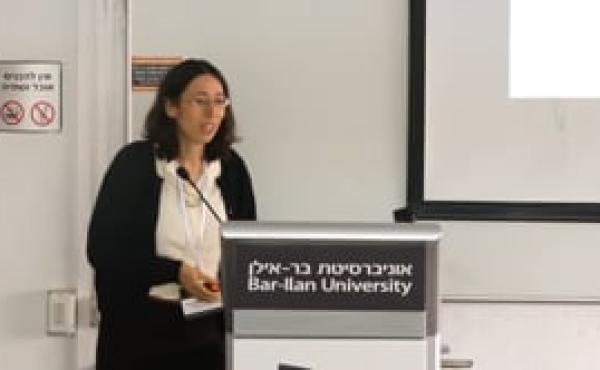(GCGC 2015) Contractual Governance in the Absence of Law: Bylaws of Norwegian Firms in the Early 20th Century
We analyse a sample of 85 bylaws adopted by Norwegian corporations prior to the existence of corporate law in Norway. At that time, Norway had a free-contracting regime, granting individuals the right to freely found limited-liability companies and write their governance structures as they saw fit. All firms appoint a Board of Directors, which at the time, was more akin to a management board, but in a quarter of firms a co-existing Board of Representatives is established. Bylaws provisions display considerable heterogeneity, among others, in the extent to which firms allocate decision powers between the Board of Directors, the Board of Representatives, and the General Meeting. We find that the likelihood of delegating authority to the Board of Directors increases with the likelihood of having small owners. Furthermore, firms most likely to have dispersed ownership are more likely to mandate a Board of Representatives and allocate authority to it, at the expense of both the Board of Directors and the General Meeting.












